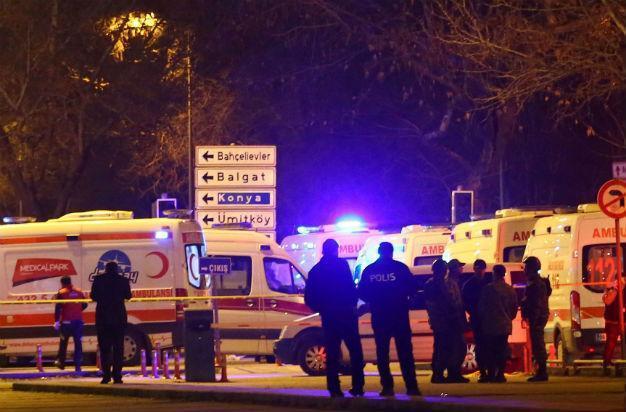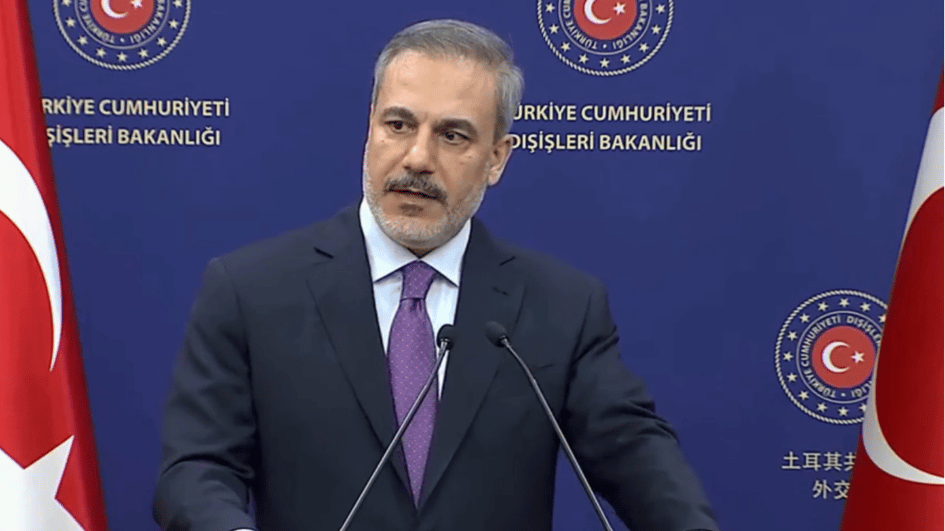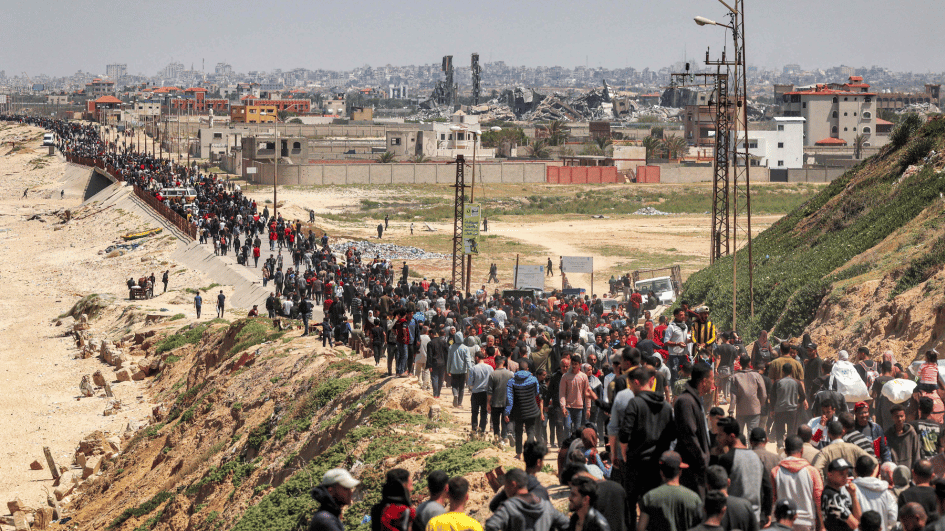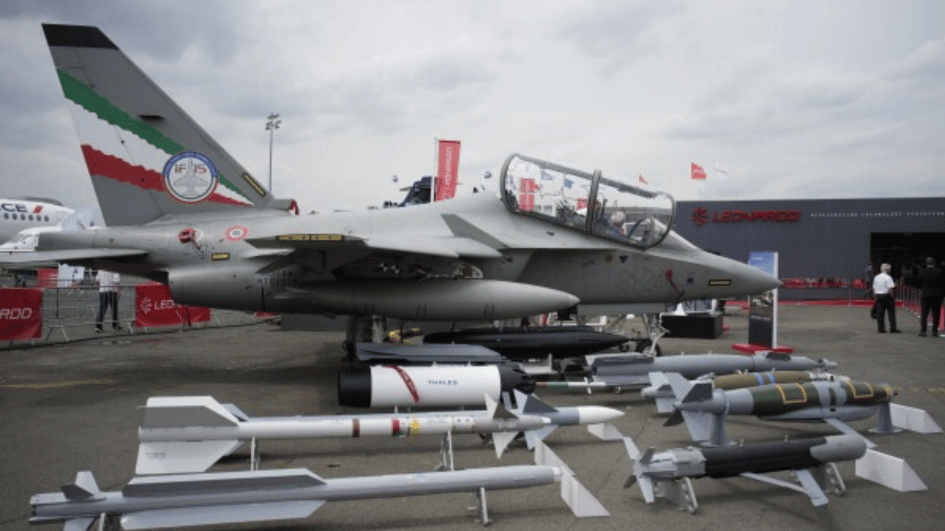Syrian national of YPG-links behind Ankara blast, says Turkish PM
ANKARA

Turkish police and ambulance cars are seen near the site of an explosion after an attack targeted a convoy of military service vehicles in Ankara on February 17, 2016. AFP photo
Turkish Prime Minister Ahmet Davutoğlu has announced that a Syrian national with links to the People’s Protection Units (YPG) was identified as the perpetrator of the attack in Ankara. The attacker received assistance from outlawed Kurdistan Workers’ Party (PKK) militants in Turkey, the prime minister said.A Syrian national, identified as 1992-born Salih Neccar, was behind the car bomb attack in Ankara on Feb. 17 that killed 28 people and wounded 61 others, Davutoğlu said with “certainty.”
Neccar was born in the Amuda province of northern Syria in 1992 and had links to the YPG, Davutoğlu informed reporters.
“A direct link between the attack and the YPG has been established,” he said, adding that nine suspects were detained while the investigation continues.
Davutoğlu also explained that new detentions would take place, but declined to provide details regarding the upcoming operations.
Meanwhile, Turkish Interior Minister Efkan Ala said on Feb. 18 that a total of 14 people had been detained in seven provinces over the attack and brought to the capital, adding that operations were ongoing.
“Of the 28 people who lost their lives, 27 are members of the Turkish Armed Forces and one is a civilian,” the prime minister announced.
The YPG attack was carried out with logistical support from PKK militants inside Turkish territory, the PM claimed.
Meanwhile, the head of the Syrian Kurdish Democratic Union (PYD), Saleh Muslim, has denied any involvement in the attack.
"We deny any involvement in this attack," Saleh Muslim told AFP, adding that the PYD does not consider the Turkish state to be an enemy, according to Reuters.
Davutoğlu said Turkey possessed evidence demonstrating where the militants came from and how they organized, and that this information would be shared with other countries.
“I will give orders to the Foreign Ministry today [Feb. 18] and this information will be given to all countries, primarily the five permanent members [of the United Nations Security Council],” he stated, adding this would be proof against those who refuse to recognize the YPG as a terrorist organization.
The Turkish PM also warned against supporting “an enemy of Turkey” directly or indirectly, underlining this would risk those countries’ status as friendly nations.
“It is out of the question for us to excuse tolerance toward a terrorist organization that targets our people in our capital,” Davutoğlu said.
"Just like al-Qaeda or Daesh do not have seats at the table, the YPG, which is a terrorist organization, cannot have one,” he said, using an Arabic acronym for the Islamic State of Iraq and the Levant (ISIL) and reiterating his previous position at refusing to permit the YPG’s participation at U.N.-brokered Syria peace talks in Geneva.
Turkey has recently severed ties with its Western allies over the latter’s refusal to recognize the Syrian Kurdish Democratic Union (PYD) and its armed wing, the YPG, as a terrorist organization. Ankara considers the PYD a terrorist organization and an extension of the PKK.
Turkey has been shelling YPG targets in the Azez town of northern Syria since Feb. 13, after the group seized the Menagh air base north of Aleppo.
















